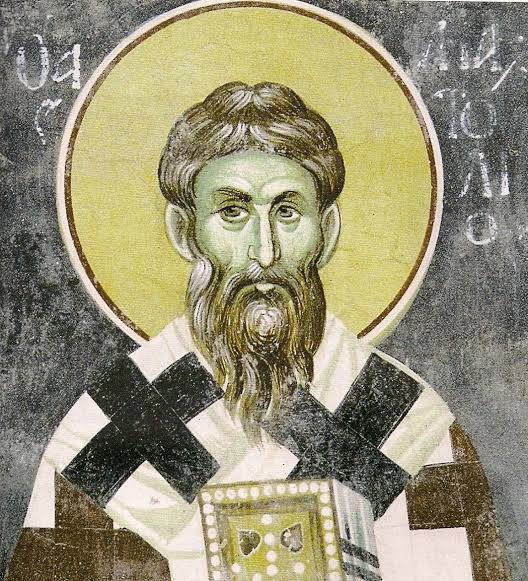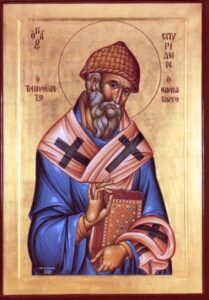Life of St. Anatolius, Archbishop of Constantinople

Feast Day: July 3
St. Anatolius, Archbishop of Constantinople, was a prominent church leader in the 5th century, renowned for his theological contributions and steadfast leadership during a time of significant turmoil within the Church. His life and work remain an inspiring testament to faith, dedication, and ecclesiastical reform.
Early Life and Education
Born in Alexandria, Egypt, in the early 5th century, Anatolius was raised in a Christian family during a period marked by doctrinal debates and ecclesiastical disputes. He received a thorough education in both secular and theological studies, which equipped him for a life of service to the Church. His early career was marked by a strong alignment with the teachings of the Alexandrian theological tradition.
Rise to Prominence
Anatolius initially served as a priest in Alexandria, where he gained a reputation for his deep piety and theological acumen. His talents did not go unnoticed, and he soon became a trusted advisor to St. Cyril of Alexandria, one of the leading figures in the Christological debates of the time. His contributions to the Alexandrian school of thought helped shape the theological landscape of the early 5th century.
Appointment as Archbishop of Constantinople
In 449, following the controversial Second Council of Ephesus, Anatolius was appointed Archbishop of Constantinople. His appointment was initially met with resistance due to the political and theological tensions between the sees of Alexandria and Constantinople. However, Anatolius’s diplomatic skills and deep commitment to orthodoxy soon won him the respect and admiration of both clergy and laity.
Leadership and Contributions
As Archbishop of Constantinople, St. Anatolius played a crucial role in the Council of Chalcedon in 451, which addressed the Christological controversies that had divided the Church. He was instrumental in formulating the Chalcedonian Definition, which articulated the belief in Christ as fully divine and fully human, “in two natures, without confusion, without change, without division, without separation.”
Anatolius’s tenure as Archbishop was also marked by efforts to strengthen the authority and influence of the See of Constantinople. He worked tirelessly to establish the city’s primacy in ecclesiastical matters, advocating for the recognition of Constantinople as the “New Rome.” His leadership helped solidify the city’s position as a central hub of Christianity in the Eastern Roman Empire.
Death and Legacy
St. Anatolius fell asleep in the Lord in 458, leaving behind a legacy of theological clarity and ecclesiastical unity. His contributions to the Council of Chalcedon and his efforts to elevate the status of Constantinople had a lasting impact on the Church. He is remembered as a wise and courageous leader who navigated the complex political and theological landscapes of his time with grace and conviction.
The feast day of St. Anatolius, celebrated on July 3, honors his enduring influence on the Christian faith. His life serves as a beacon of faithfulness and dedication, inspiring Christians to pursue truth and unity within the Church.
Conclusion
St. Anatolius, Archbishop of Constantinople, remains a significant figure in Church history. His theological insights, leadership during the Council of Chalcedon, and efforts to enhance the stature of Constantinople have left an indelible mark on Christianity. As we celebrate his feast day, we reflect on his contributions and strive to emulate his commitment to faith and ecclesiastical harmony.







